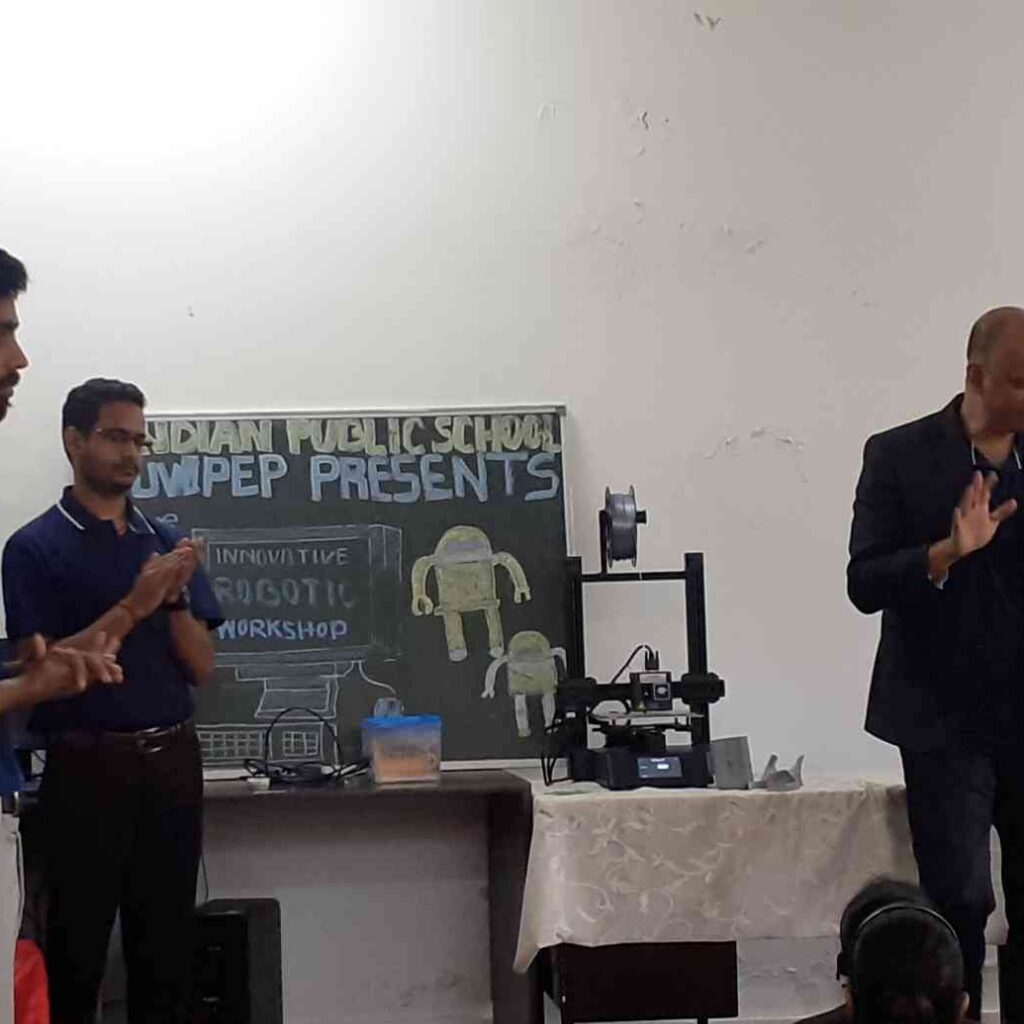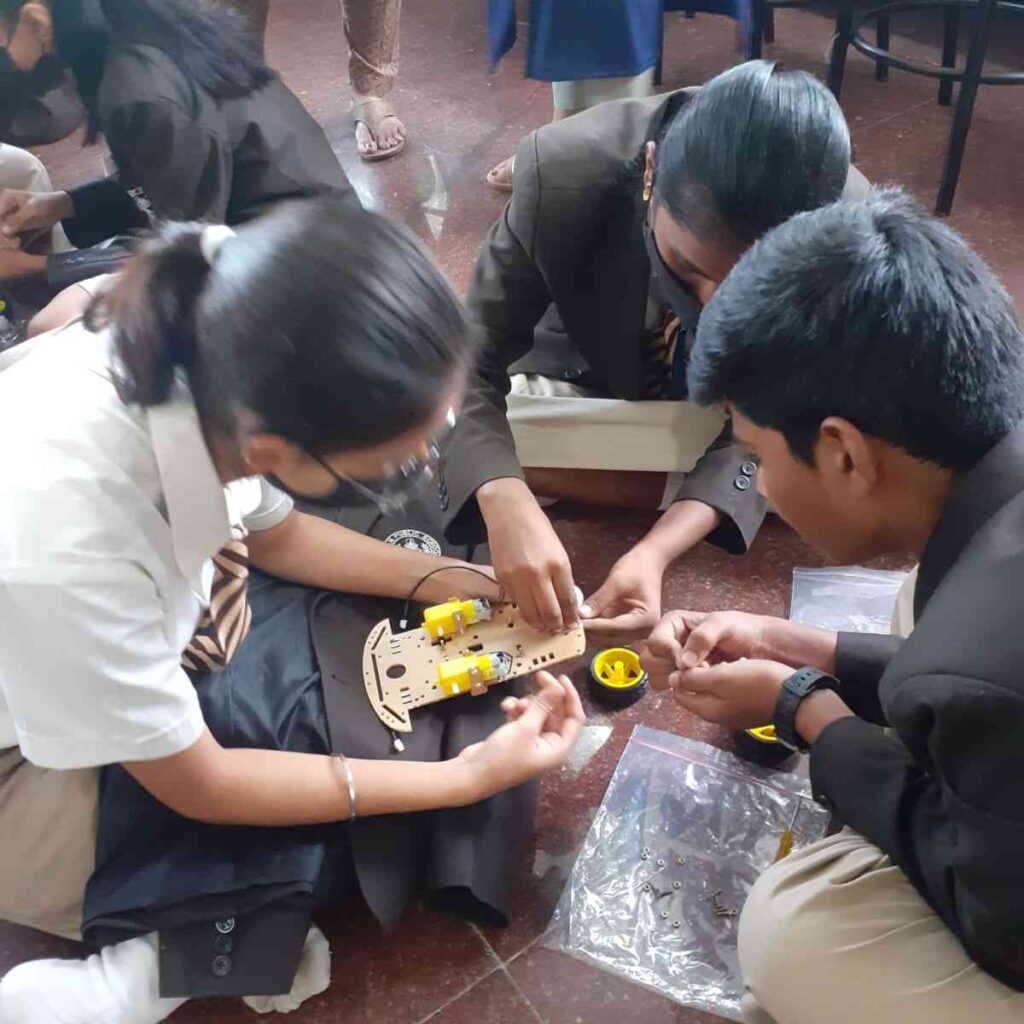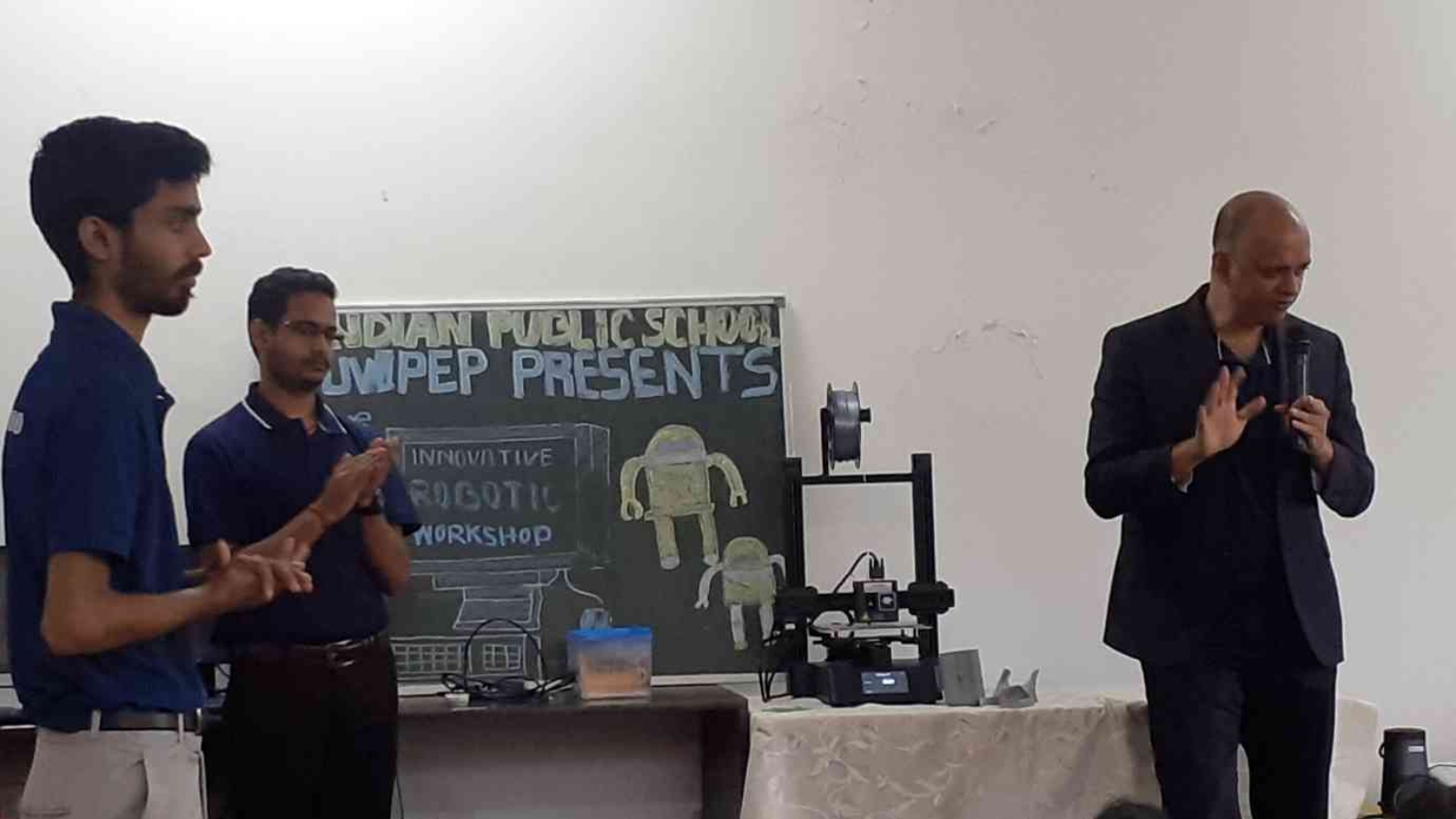


In a world driven by rapid technological advancements and scientific discoveries, fostering a sense of curiosity and a scientific temperament in young minds is more crucial than ever. At Indian Public School, we believe that science education goes beyond textbooks and exams. It is about nurturing inquisitive minds and encouraging students to explore the world around them with a spirit of inquiry. By providing exposure to a wide range of science activities, we aim to ignite a passion for discovery and equip our students with the critical thinking skills necessary for the 21st century.
The Role of Science Activities in Education
Science activities play a pivotal role in developing a scientific mindset. These hands-on experiences allow students to interact with scientific concepts in a tangible way, making abstract ideas more accessible and understandable. Through experiments, observations, and problem-solving tasks, students are encouraged to ask questions, hypothesize, and test their theories. This process not only enhances their understanding of scientific principles but also instills a sense of wonder and curiosity that drives lifelong learning.
Encouraging Inquisitiveness
Inquisitiveness is the cornerstone of scientific inquiry. It is the desire to know more, to ask why and how things work. At Indian Public School, we create an environment where questions are valued and exploration is encouraged. Science activities, such as conducting experiments, building models, or engaging in scientific debates, provide students with the opportunity to investigate topics of interest. This hands-on approach helps students develop the habit of questioning the world around them, leading to a deeper understanding and appreciation of science.
For example, when students participate in a simple experiment to observe the effects of light on plant growth, they are not just learning about photosynthesis. They are also learning to ask questions like, “What happens if we change the light source?” or “How does the amount of light affect the plant’s growth?” Such inquiries are the first steps toward developing a scientific temperament.
Developing a Scientific Temperament
A scientific temperament is characterized by a rational and objective approach to understanding the world. It involves critical thinking, skepticism, and the willingness to revise one’s beliefs based on evidence. Science activities are an effective way to cultivate these traits in students. By engaging in experiments and analyzing data, students learn to rely on evidence rather than assumptions, to think logically, and to approach problems with an open mind.
For instance, when students are tasked with designing an experiment to test the acidity of different household liquids, they must plan their approach, make observations, and draw conclusions based on their findings. This process teaches them the importance of evidence-based reasoning and helps them develop the skills needed to evaluate information critically—a key component of scientific temperament.
The Benefits of Early Exposure to Science Activities
Early exposure to science activities has long-lasting benefits. It not only enhances academic performance in science-related subjects but also equips students with essential life skills such as problem-solving, creativity, and resilience. By engaging in science activities from a young age, students develop a strong foundation in scientific thinking that will serve them well in any field they choose to pursue.
Moreover, participation in science activities fosters collaboration and teamwork. Many scientific investigations require students to work together, share ideas, and communicate their findings. This collaborative approach not only enriches their learning experience but also prepares them for future careers in science and technology, where teamwork and communication are vital.
Conclusion
At Indian Public School, we are committed to providing our students with the tools they need to succeed in an increasingly complex world. By exposing them to a variety of science activities, we aim to cultivate their natural curiosity and develop a scientific temperament that will enable them to approach challenges with confidence and creativity. We believe that by nurturing inquisitive minds and encouraging a love for science, we are preparing our students to be the innovators, problem-solvers, and critical thinkers of tomorrow.
Science is not just a subject to be studied; it is a way of thinking, a way of understanding the world. Through hands-on science activities, we empower our students to become curious, thoughtful, and scientifically-minded individuals who are ready to explore the limitless possibilities of the future.

